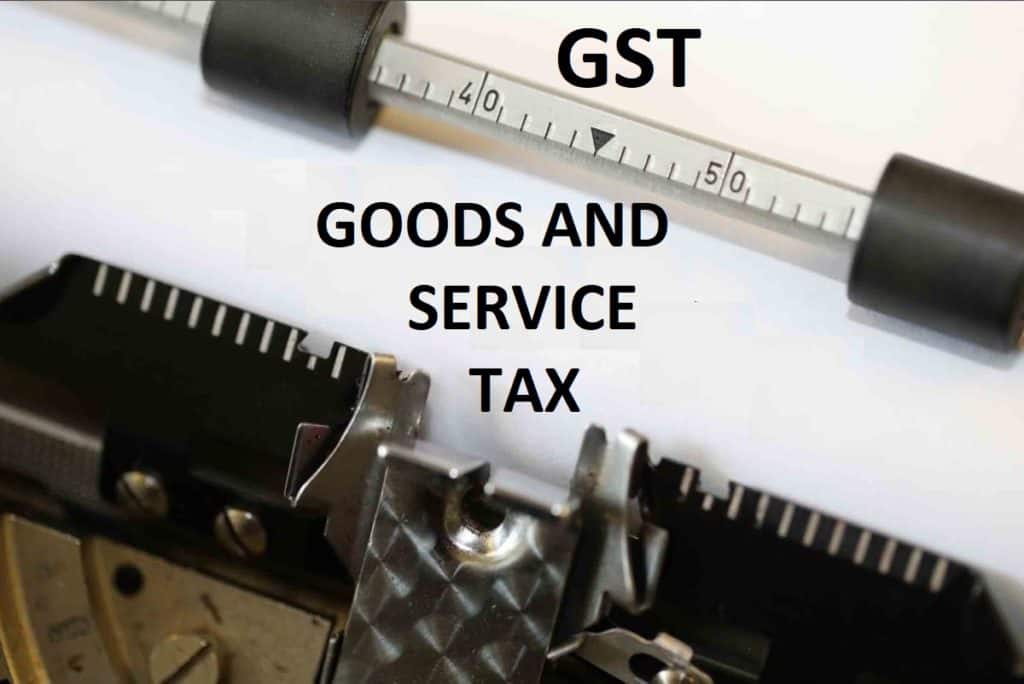The amendment in GST is set to influence the capital flow of companies. The government has made changes in GST, regarding it as ‘anti-evasion’ measurement. GST new rule change set to have an impact on the working capital of the companies.
Before the new notification, companies filed two forms for tax return. First GSTR1, for sales with tax liability and second GSTR3B for summary returns with final tax payments. These forms were not auto-linked and there was a loophole that let the companies pay fewer taxes. This also decreased the government’s revenue.
The Change
The proposition for restricting the credit to 20% on missing invoices was made in New Return Formats by CGST Amendment Act, 2018. The same was implemented on 9th October 2019 with new GST amendment in the act. According to this, the taxpayer can only avail 20% of the credit available for which there are no invoices uploaded.
Earlier, taxpayer claimed full credit even if the details of invoices were not uploaded by the supplier. “This restriction will actually mean that the Companies need to monitor whether the suppliers are uploading their returns on a regular basis. Most companies are likely to feel the pinch of the amendment,” said Pritam Mahure, a chartered accountant.
Taxpayer’s Reaction
The government’s decision to encourage the timely filing of the statements has become an issue for the companies. The companies are asking the government to extend the date for claiming the ITC as they will not able to reconcile statements because vendors will not be able to give the invoices. “The governance can extend the date or give a clarification around this since this problem is intensified due to the slow IT platform of the GST,” said a tax expert.
Earlier, companies availed input tax credit even if invoices were not uploaded by the vendors. Government decision will now make the companies upload full information on its IT platform to avail the full credit.

